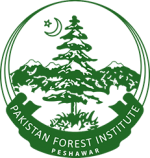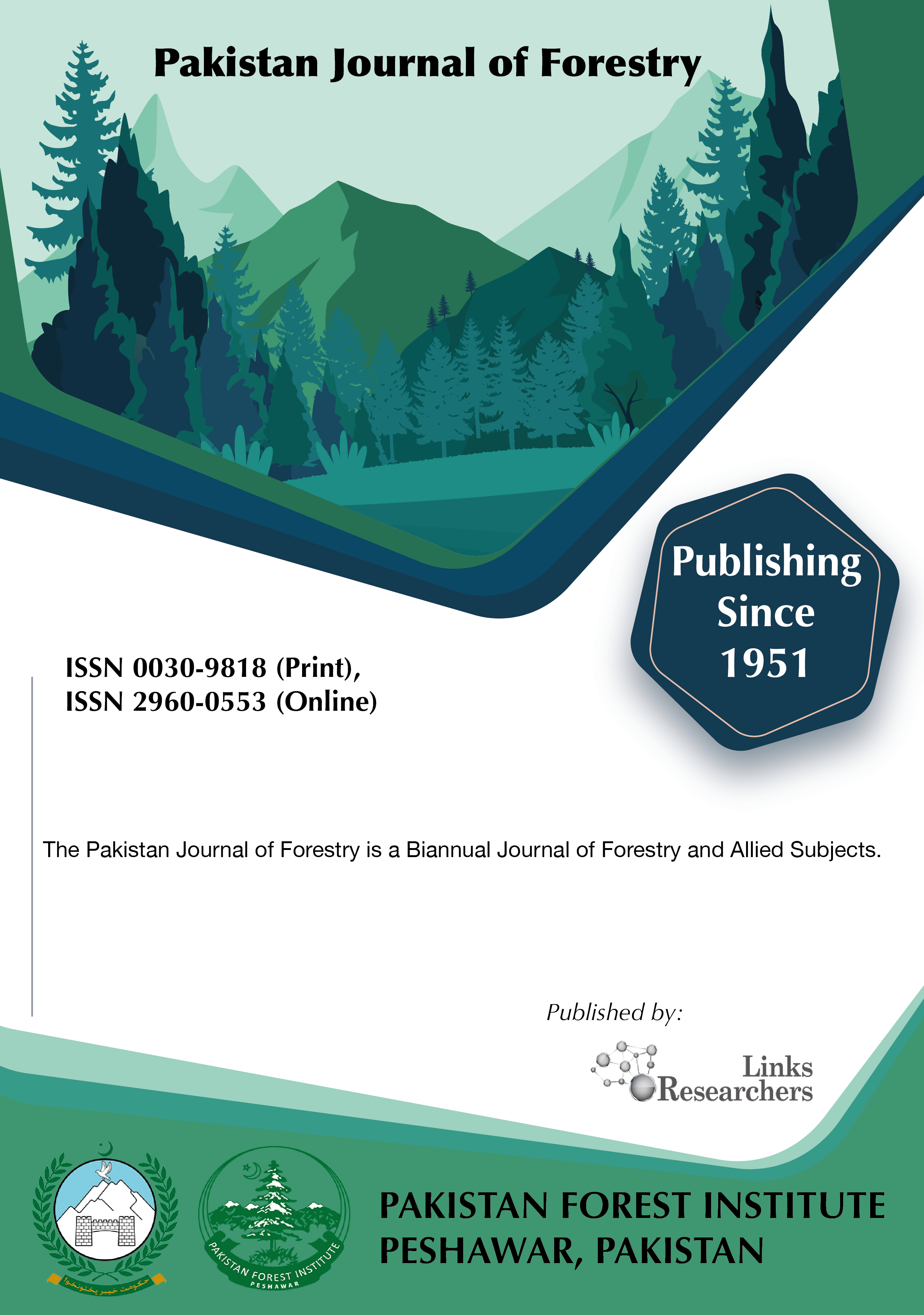Socio-economic impacts of billion tree afforestation project in district Buner, Khyber Pakhtunkhwa, Pakistan
Basheer Ahmad1, Anwar Ali1, Salman Ahmad1, Nowsherwan Zarif1* and Saif Ullah Khan1
ABSTRACT
The Billion Tree Tsunami Afforestation Project aims to plan, design, launch, and implement �Green Growth Initiative" in the Khyber Pakhtunkhwa Province's Forestry Sector. Thus, the project would work as a catalyst in helping the Khyber Pakhtunkhwa Forest Department plan, create, and implement sustainable development in the forestry sector while also advancing green jobs. This research included the entire District of Buner. The major goal was to understand how the Billion Tree Afforestation Project (BTAP) would affect the local population in order to satisfy the needs of local people in District Buner for fuel wood, timber and employment. According to the study, firewood is the primary fuel source, and the local populations obtained 54% of their firewood from plantations, 24% from farms, and 22% from local purchases. The study revealed that 64% of respondents believe that the increasing usage of firewood in the area as a result of more trees means that people's consumption patterns have changed. When it came to the availability of timber, the data showed that 24% of respondents bought their wood from plantations and 32% bought it from marketplaces, farms, and other places. According to the results, more than 70% of respondents think that the BTAP provides several employment opportunities. The remaining 30% claimed there had not been any job creation. The indigenous populace, however, is drawn to plantations and nursery-raising. The forest department lends its full assistance. The assistance is provided in the form of a cheque payment, and the director of I&HR also provided the necessary trainings. The forest guard provides on-site training for the nursery farmers. Out of 50 individuals who were interviewed, 68% believe that there are no significant types of damages in plantations, whereas 28% believe that damages have happened in plantations. In accordance with the survey, 38% of people do not engage in self-cultivation, 48% of people are tenants who work on other lands under a share cropping system, and 7% of people have their own land but have also purchased land from owners.
To share on other social networks, click on any
share button. What are these?




